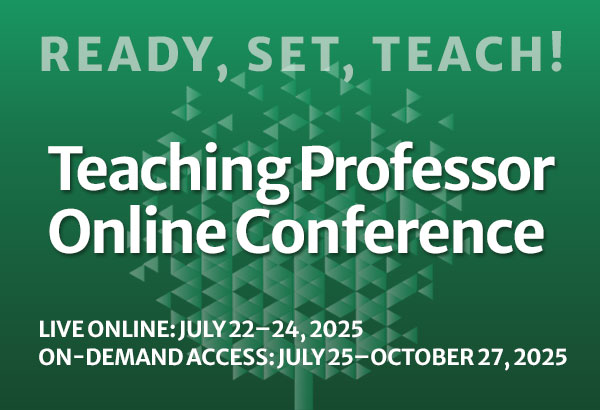
Being a Novice Again
I’ve been completely humbled in the past few months as I’ve taken on a new set of responsibilities, responsibilities for which I have essentially no background. It’s like being a first-year student again. I’ve got a “course” in insurance—not just health and life but




